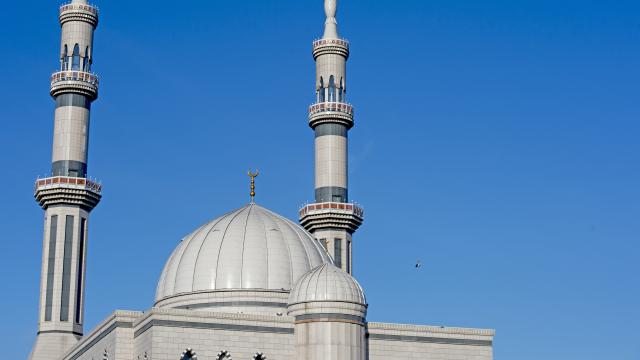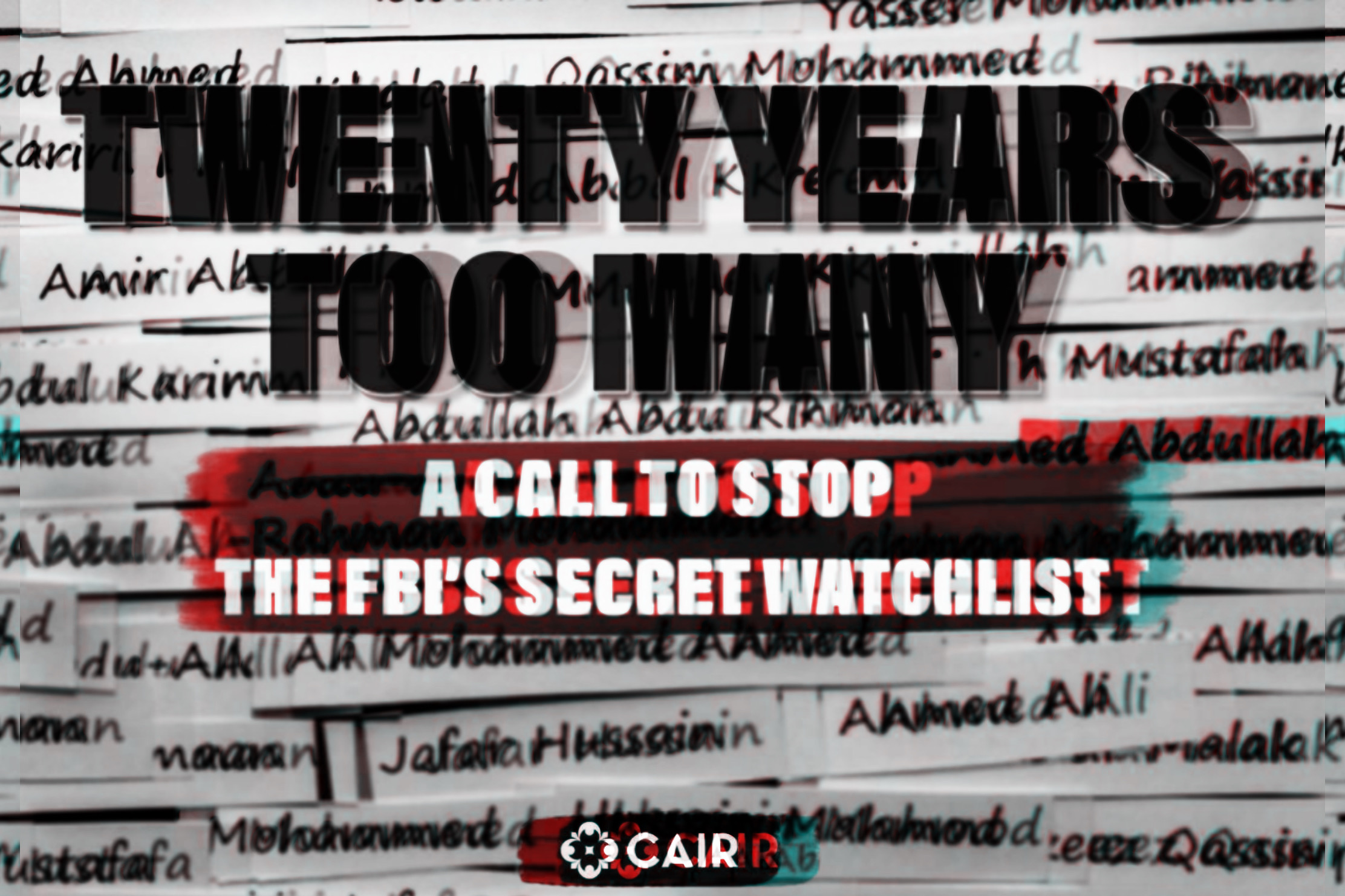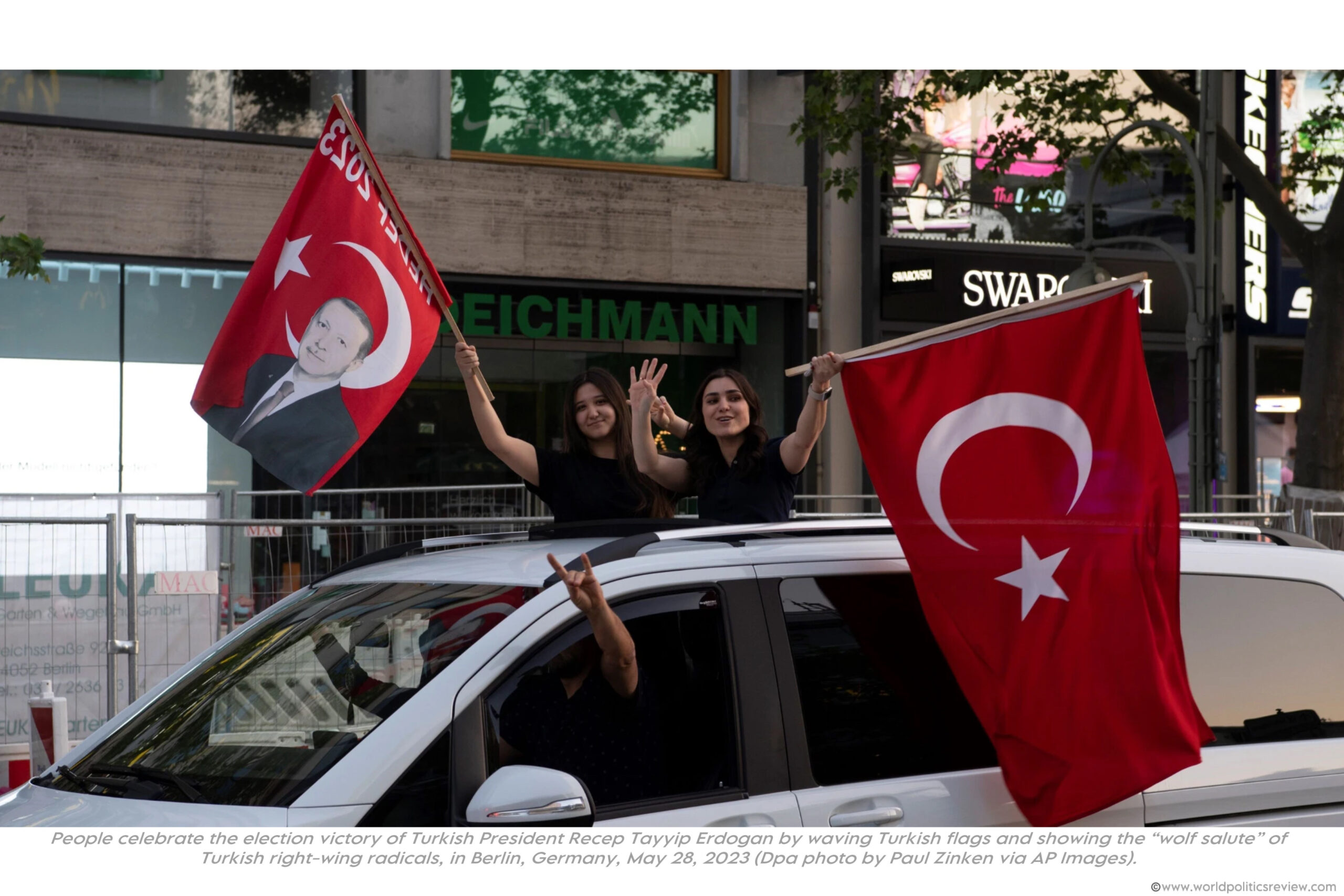When it comes to building mosques, Finland is not any different from other European countries in terms of opposition that such projects receive either from the side of the officials or the public. The Helsinki Grand Mosque project has been on-going since 2015 and now once again, debates over funding have put a spanner in the works.
The mosque project has been previously endorsed by the deputy mayor of Helsinki and it is led jointly by the Forum for Culture and Religion “FOCUS”, local Muslim associations and the recently established “Oasis” foundation. Trying to fill a desideratum in facilities and services that would bring the Muslims together and away from the undersized prayer rooms, the objective of the central mosque project is to construct a building complex of 20.000 m2 in size, including prayer halls and a community center that would organize activities and events for Muslims and non-Muslims alike and thus contribute and promote interfaith and intercultural dialogue and social cohesion.
The concerns over funding have been directed especially at the involvement of Kingdom of Bahrain as the financial coordinator. In December, an event with international guests were organized in Helsinki to celebrate the Independence Day of Bahrain. In connection to the festivities, one of the nation-wide daily newspapers Helsingin Sanomat reported in January about the current concerns of the city representatives over possible extremist background of Bahrain and those instances that have shown interest to provide support in collecting the needed funds. Security officials insist now on an investigation by the Ministry of Foreign Affairs based on fears of extremist readings of Islam spreading to the country through the cooperation with Bahrain. This despite continuous assurances from one of the project coordinators Pia Jardi that the help from Bahrain has no strings attached in any every-day matters of the mosque/community center and the fact that the board members in the Oasis-foundation which was established for the administrative purposes of the project are all based in Finland.
Concerns about the mosque’s ability to welcome Muslim worshipers from different backgrounds were also expressed in a radio show Horisontti broadcasted by YLE. The youth civil activist Anter Yasa, argued that the imams for the mosque should be educated in Finland, receiving an academic degree and thus following the example of the country’s practice in educating priests. With his statement, he was opposing the possibility of the future imams receiving their qualifications from Bahrain which would in his understanding cause segregation instead of integration. Moreover, he maintained that the Muslim communities should rather turn to bank loans in financial matters than help from abroad. However, any ability of the small Finnish Muslim community comprising of somewhat 60 000 individuals to meet such financial obligations for a project of over 100 million euros was not addressed.
The chairwoman of the Young Muslims’ Union Helsinki chapter (Nuoret Muslimit ry), Nahla Hewidy was in turn pinpointing in the discussion the aspect of such mosque and especially its services as a community center being a necessity that would put Muslims and the youth in particular to equal footing with other major religious communities who already have such facilities. She maintained, that the project would enhance the welfare and spiritual development of those generations that struggle with identities between cultures and offer a them safe space where they would find recognition and acceptance.






